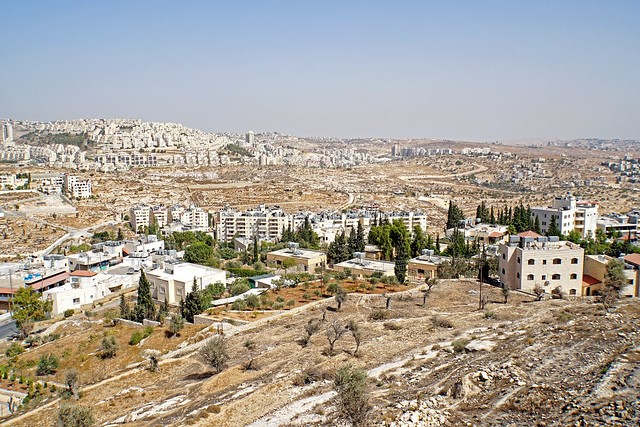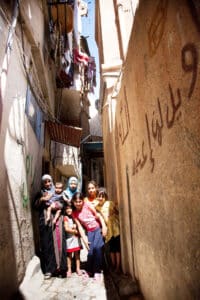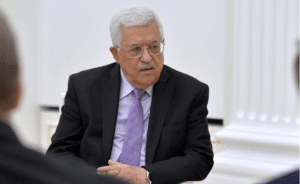In the final week of October the Israeli government moved forward with plans to build more than 3000 new settlements in the occupied West Bank. The construction of 3,130 new homes was approved by a planning committee by the Israeli Ministry of Defense. Mahmoud Abbas, President of the Palestinian Authority, has called on the international community to take a decisive stance on the decision to expand the settlements. Hamas, who are in control of Gaza, also responded to the plans calling on the Palestinian Authority and international community to stop the illegal settlement expansion.
The Palestinians seek the West Bank, Gaza Strip and East Jerusalem as part of their future state. Consequently, they argue that the expansion of settlements is the main obstacle to peace. Expansion of settlements and the demolitions of Palestinian houses have been an ongoing issue in the occupied territories. Since Israel has control over the majority of the Palestinian territories, Palestinians need to require building permits from the Israeli military. Since these permits are rarely granted Palestinians often build without authorization which leaves them vulnerable to demolitions, which happen regularly. In 2020, 854 demolitions of Palestinian-owned structures were recorded by the United Nations Office for the Coordination of Humanitarian Affairs (OCHA).
Tensions within the Bennet coalition
The expansion plans have also created tension within Israeli’s own governing coalition. The government coalition formed by Prime Minister Naftali Bennet, a former settler leader, consists of ideologically opposing parties which include left-wing parties, Arab Islamists and right wing parties. The parties put their differences aside and formed a coalition in order to remove Benjamin Netanyahu from power after the parliamentary elections in March 2021. However, besides their desire to unseat Netanyahu, the parties have little in common.
Since the stances regarding the Israeli-Palestinian conflict vary greatly, it was decided that no unilateral decision would be taken regarding the conflict. The focus of the coalition would lie on economic and social issues rather than addressing diplomatic issues, in order to prevent the coalition from falling apart. Consequently, the current settlement expansion plans have led to instability in the government. A left wing law-maker from the Meretz party, a coalition member that considers the settlements illegal, called the plans ‘’a slap in the face of people who protested to bring down Netanyahu’s government and bring about change’’. On the 3rd of November, two other Meretz lawmakers warned that the plans would rupture the government coalition.
International criticism
The decision to expand the settlements, which are illegal under international law, has led to criticism from the international community. After the announcement, the US Department of State stated that they are ‘’deeply concerned’’ about the new plans, and that they strongly oppose the expansion of the settlements. Several European countries also urged Israel to reverse its decision to expand the settlement units in the West Bank. “We call on both parties to build on steps taken in recent months to improve cooperation and reduce tensions,” a total of 11 countries said in a joint statement. Critics of the plans fear that further expansion of the settlements will undermine the prospects of a two-state solution.
Sources: Al Arabiya Al Jazeera New York Times Times of Israel OCHA
Photo source: Flickr



